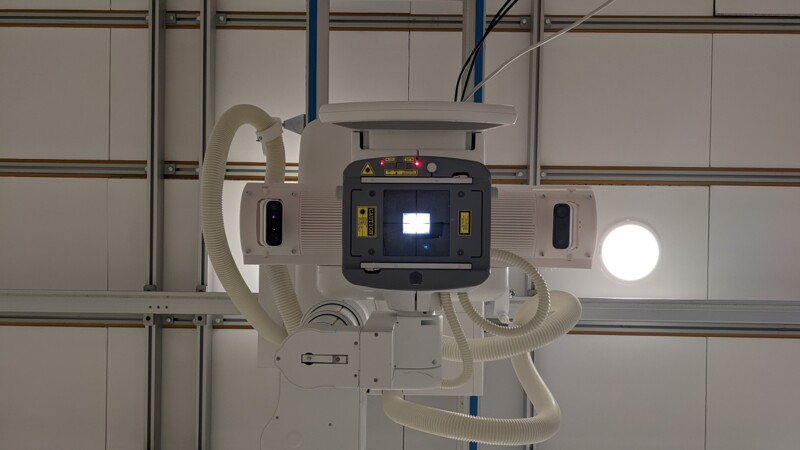El Gammal is thinking of a system similar to ChatGPT, but which has not been trained using highly diverse data from the internet, but only with medical content and numerous guidelines. "Then, questions about diagnosis and treatment could be answered interactively, and in the long run it could become a kind of co-pilot for young doctors... a digital sparring partner who contributes to the best possible patient care. Such a digital assistant can offer valuable support. Ultimately, the decision about the treatment always lies with the patient," he stressed.
Former German Chancellor Helmut Schmidt, once quipped: "If you have visions, you should see a doctor." But if what if the doctor is actually a visionary? During a recent interview with Hamburg News, Alexander T. El Gammal stressed: "I believe that artificial intelligence (AI) can solve many problems in medicine." El Gammal, a general practitioner and specialist in visceral surgery, is undergoing further training and working on these solutions with Natalie Rotermund and Werner Bogula in the AI & Health group in the Artificial Intelligence Center Hamburg (ARIC).
"Medical guidelines in Germany are binding for the diagnosis and treatment of diseases. Any deviation from these guidelines must be adequately justified by the respective doctor. These manuals, some of which are over one-hundred pages long, are prepared and updated by expert teams. And GPs like me, who treat a wide variety of diseases, have to keep track of many different, huge PDF documents," said El Gammal, 38, and asked: "What if we could make this digitally interactive based on a Large Language Model?"
Digital sparring partner for doctors
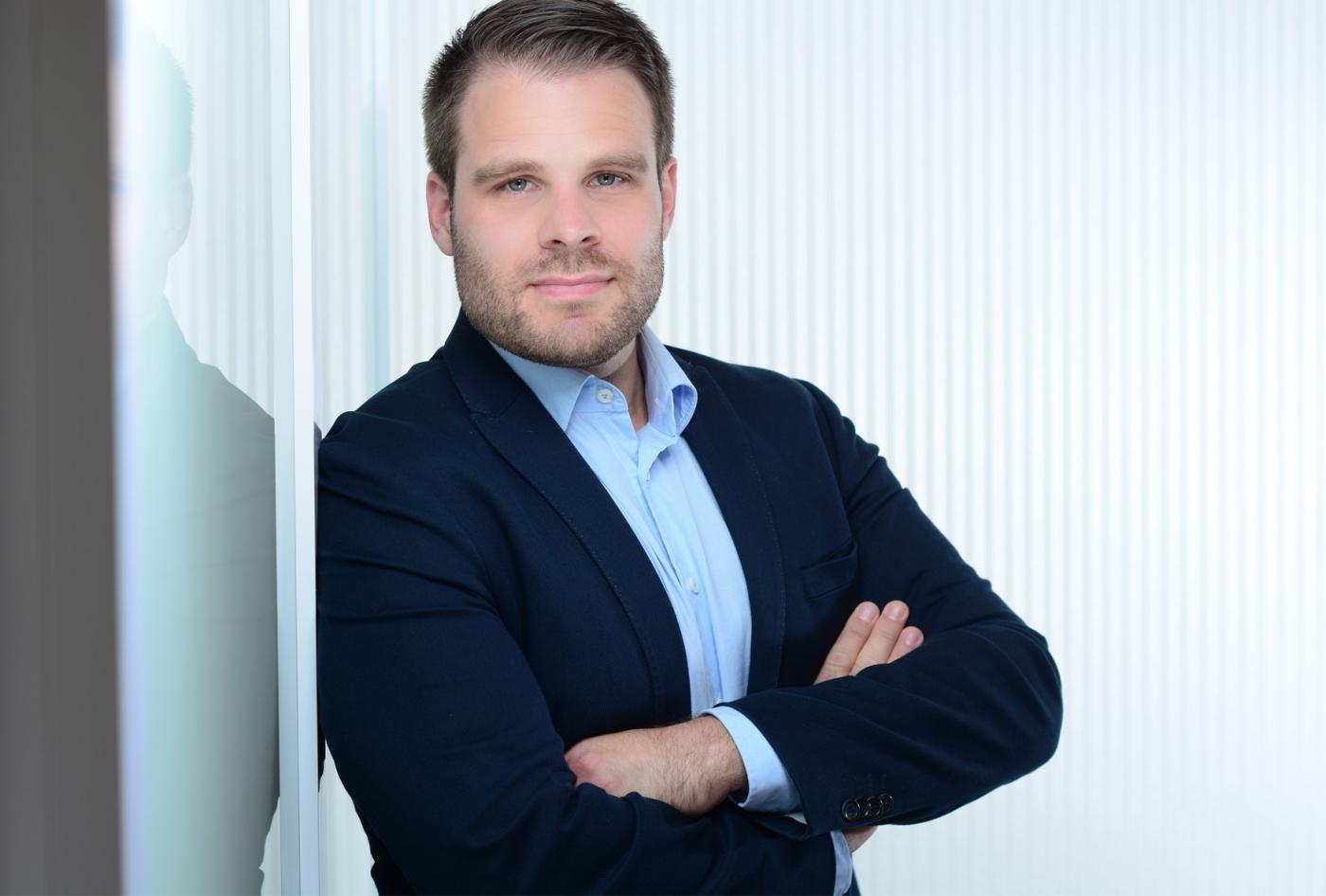
Switch to commerce
In 2016, El Gammal and Oliver Rößling launched the so-called 12min.med to make rapid technological developments in medicine broadly accessible. Start-ups and scientists present their medical innovations in 12-minute talks to forge links to potential investors. Thanks to such contacts, El Gammal switched to commerce for awhile. "I did my residency in visceral surgery in 2018 and then suffered a severe herniated disc. That meant I could no longer operate for hours at a time. So, I joined Philips Healthcare in 2019 and began advising hospitals on optimising their procedures and developing innovation concepts." EL Gammal has practised as a GP in Bielefeld since April 2022.
Making innovations broadly accessible
Yet, he still has close ties to Hamburg and founded the deep-tech company Caps & Collars Ventures GmbH with Alois Krtil, CEO of ARIC and Oliver Rößling in 2022. El Gammal also became project manager of AUFBRUCH.Hamburg to bring Hamburg's Regional Innovation Strategy (RIS) closer to residents in his role as innovation facilitator. "It is important to take innovation processes beyond the respective bubbles and clusters and make them accessible to as many people as possible," he stressed, and especially those in medicine. "Doctors and scientists still discuss things in closed circles too frequently. But external impulses are important and can be inspiring."
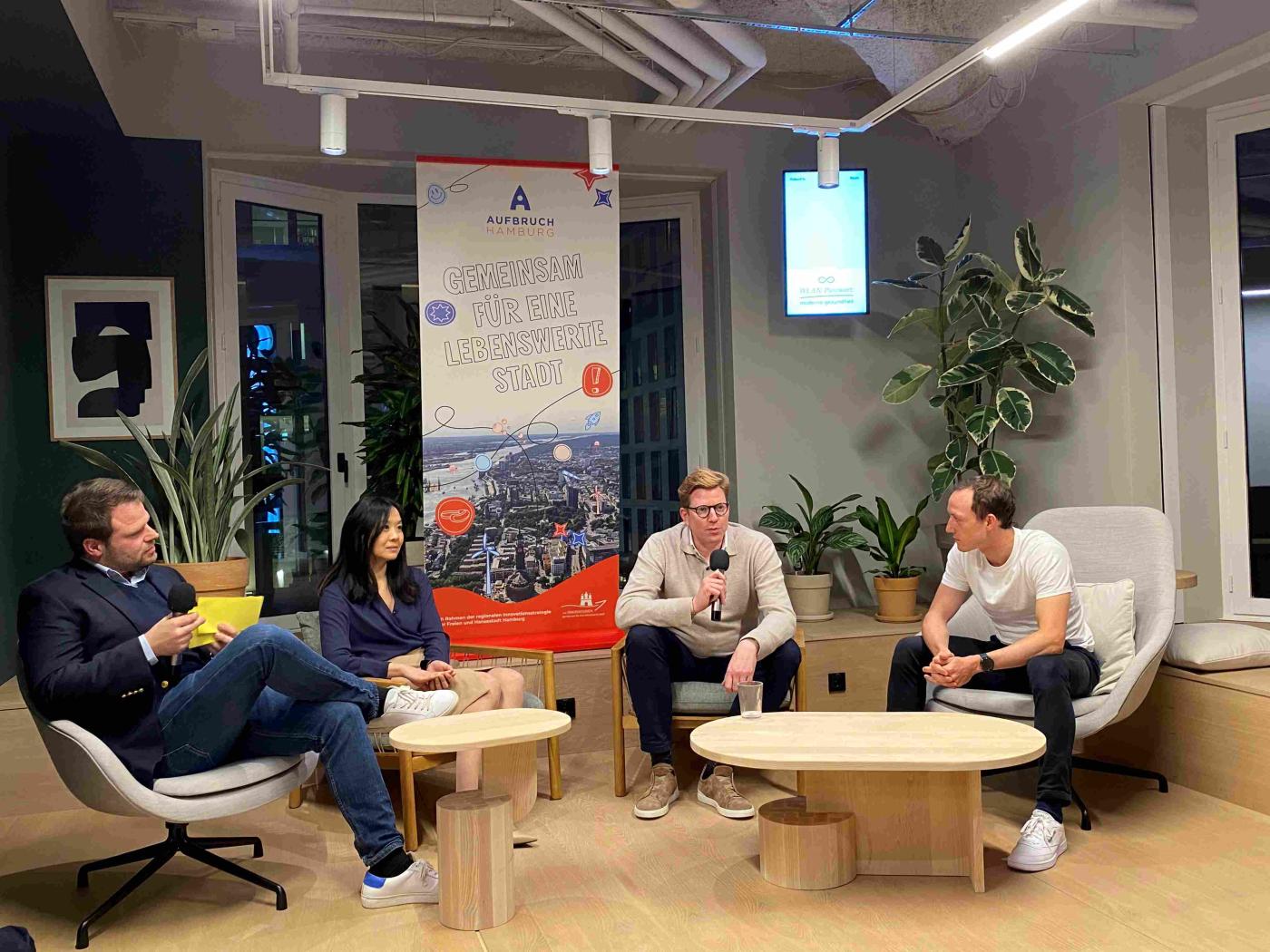
Personalised medicine using AI
In reference to personalised medicine, El Gammal pointed out: "We are pursuing a kind of broad-spectrum approach in medicine nowadays. New medicines should help as many patients as possible. However, AI opens up far more possibilities for an individualised approach. Take, for instance, cancer: no two cancers are alike. "Cancer is a genetic disease of the body's cells, so theoretically there are as many different cancers as there are different types of body cells and cell growth-associated genes," said El Gammal, who completed his PhD on prostate carcinomas in pathology at the University Hospital Hamburg-Eppendorf (UKE) and followed this up with another on pancreatic carcinoma. Each tumour has to be examined singularly and characterised to arrive at optimal, tailor-made therapy. "That in turn would mean that every single patient has to be looked after by an entire medical-scientific team, which is perhaps unfeasible."
AI screening with computer vision
Procedures that were previously impossible analogously can now be achieved with AI. "AI screening of a tumor with computer vision can help pathologists with their work. This leads to an entirely new kind of medicine that is much cheaper and thus more accessible to a larger part of humanity. I'm thinking of Third World countries," said El Gammal, who is also committed to human rights and alleviating poverty with science and technology.
AI tools constantly improving
El Gammal owes his appetite for technological innovation and AI in particular to two key experiences. During his research into pancreatic cancer, he found that normal cells mutate into tumour cells that multiply uncontrollably. In an attempt to inhibit this growth, research into the alteration of protein patterns in diseased cells proved revealing. "This is usually done in computer simulations and very well. But when I first experienced how detailed, precise and rapidly the AI tool, AlphaFold, can predict 3D models of protein structures, I was absolutely thrilled. That was a tremendous leap." The second key experience was basically more of a medical polymath's vision. "Every researcher is well versed in a particular field. But given the wealth of medical and molecular biological knowledge, no one has an overview. Yet, that would be ideal for difficult diagnoses."
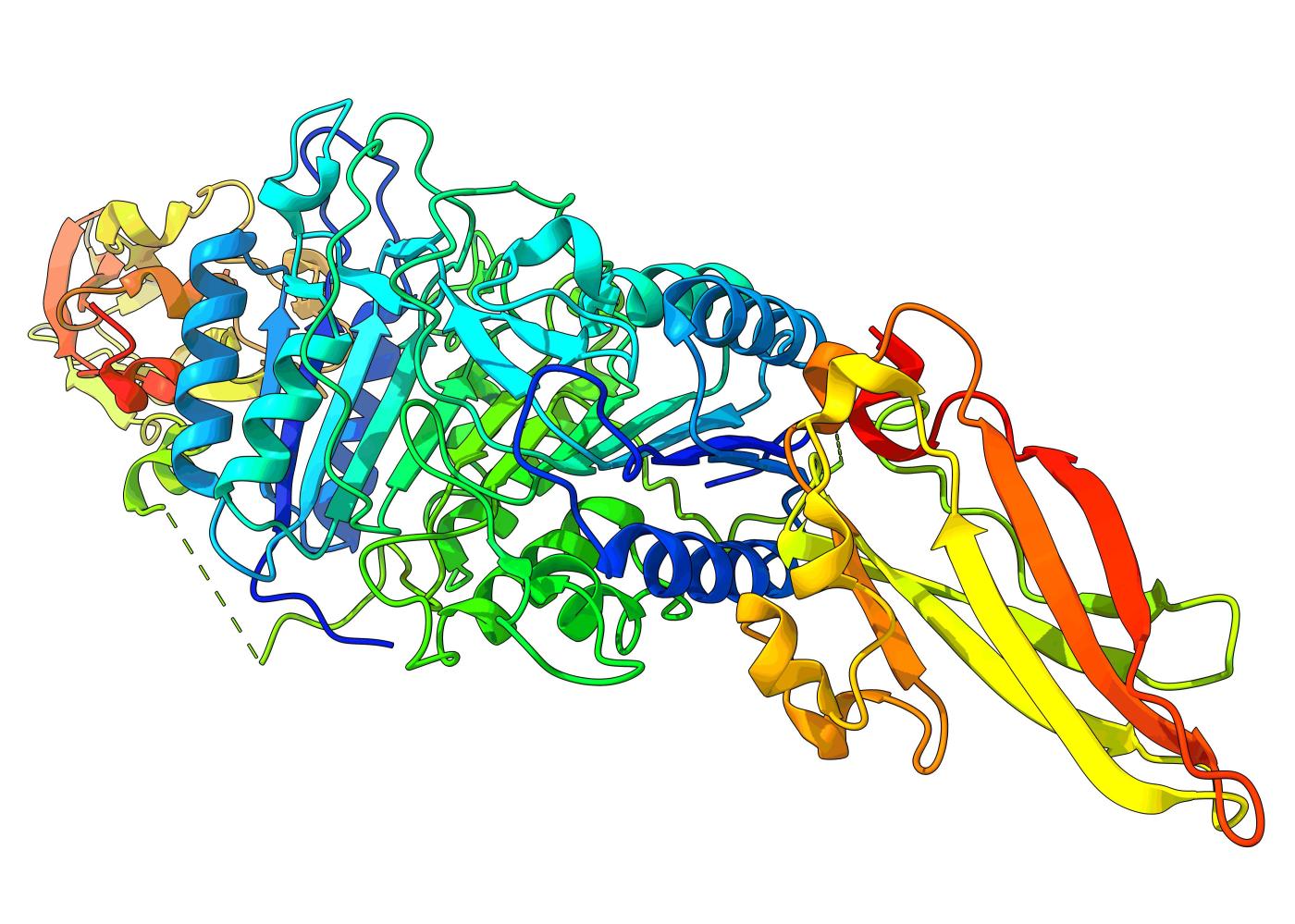
Universal scholar
El Gammal has long entertained the idea of a universal AI scholar. "A neural system that can put the wealth of scientific knowledge into an order and bring it into a meaningful context would be fantastic," he enthused.
ys/mm/pb
Read the other parts in our AI series:
1) Hamburg clearly an AI hotspot, says Alois Krtil
Sources and further information
More
Similar articles
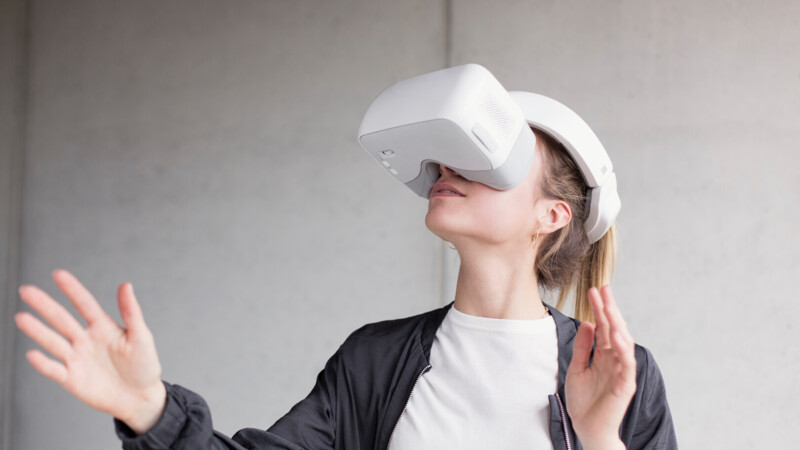
EUR 1.8 million in funds for research into 3D avatars in telemedicine

Artificial intelligence in care and health sector
